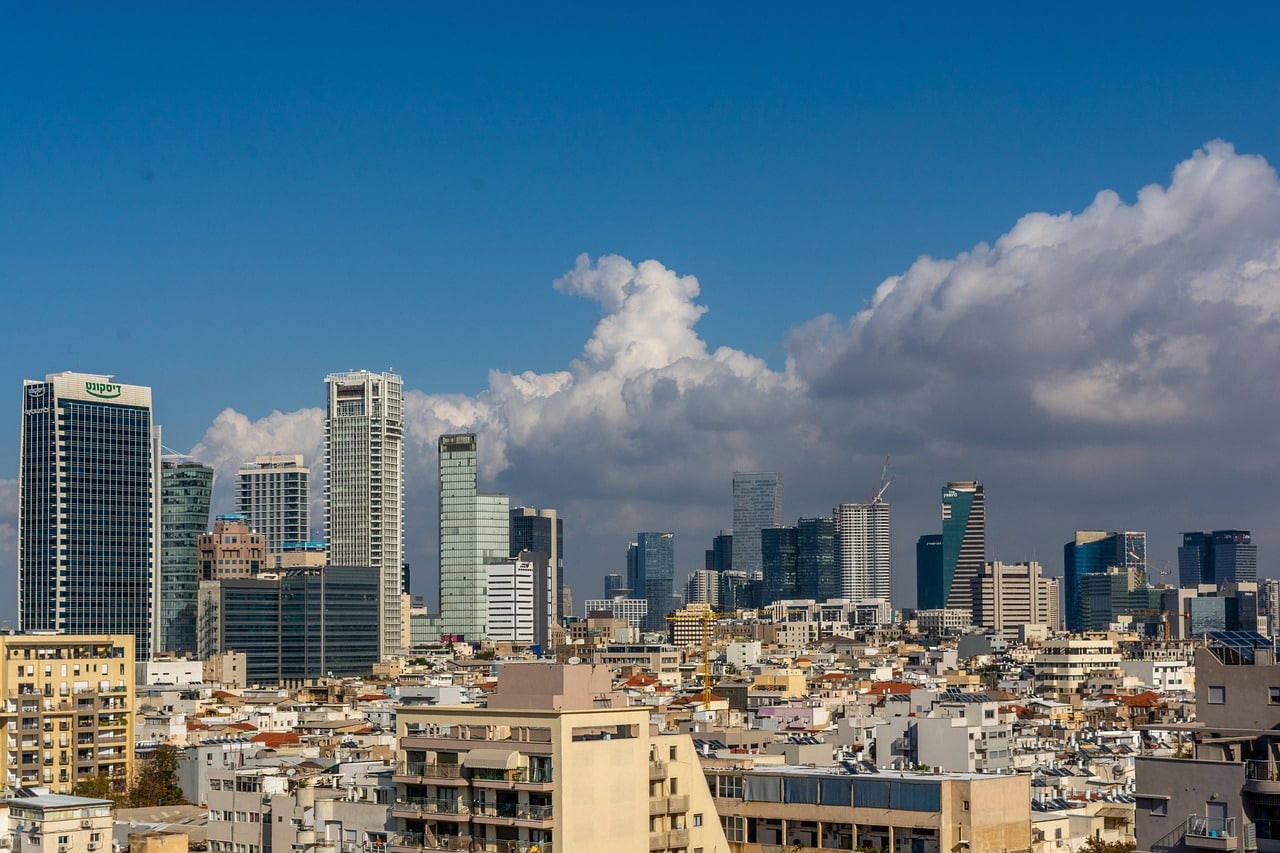Tel Aviv Becomes World’s Third Most Costly City

Last Thursday, a worldwide survey was released, which showed that Tel Aviv was no longer the most expensive city in the world, a ranking it had received last year.
The survey showed that the Israeli capital has lost its inglorious title and has dropped to the third position in the list of costly cities.
Expensive cities
The list of the most expensive cities in the world now see New York and Singapore share the first position together, thereby pushing the Israeli coastal city down.
The Worldwide Cost of Living report came from the Economist Intelligence Unit, which said that rising energy prices due to the war in Ukraine was the reason behind this change.
Global food and energy prices have been under pressure this year due to the Russian invasion of Ukraine, but the impact in Israel has been rather limited because of its self-sufficiency in natural gas.
The report said that Tel Aviv had dropped to the third position because of a higher inflation rate and a stronger currency seen in the other two cities.
The list of the top five most expensive cities in the world was rounded off by Hong Kong and Los Angeles.
The survey covered a total of 172 cities and the cheapest of them were Damascus and Tripoli.
Israel’s situation
There has been a rise in the cost of living for Israelis, as there has been a more than 5% increase in inflation and the last year has seen a 20% rise in housing prices.
Moreover, salaries have not increased at the same pace, as the average Israeli worker has seen a 64% less pay as compared to other OECD countries last year.
Approximately 10% of the people are employed in the tech industry in Israel and they are getting much higher salaries, which has resulted in more inequality.
The OECD said that this inequality is higher than what is seen in most advanced economies. The last year saw an 8.1% increase in the cost of living in the 172 cities that were covered in the survey.
This is the fastest increase that has been seen in the last two decades and there are a number of factors that have led to it.
The details
EIU’s worldwide cost of living’s head, Upasana Dutt said that the cost of living crisis globally has been brought about by the war between Russia and Ukraine, which resulted in Western sanctions against the former.
To add to it, the zero-COVID policies in China have also led to supply chain problems and combined with exchange-rate movements and interest rate increases, it has gotten worse.
The worldwide survey covers 172 cities, tracking the prices of about 200 goods and services between August and September 16th.
A liter of gas saw the sharpest increase in price, as it has risen 22% on average, due to a stronger US dollar and higher global oil prices.
Researchers said that there may be some easing in prices in some countries because of a slowdown in th global economy and higher interest rates.



